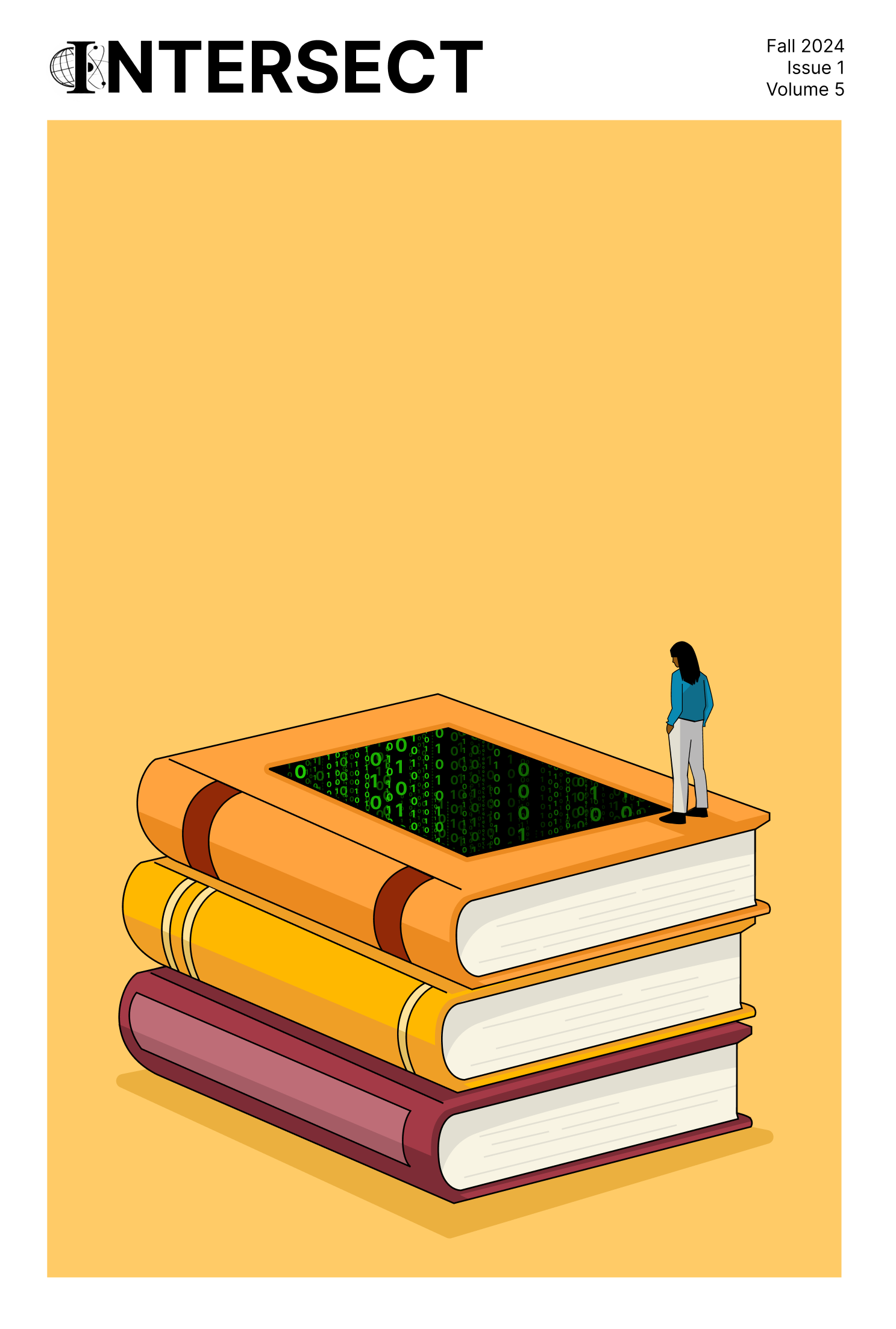AI-Enhanced Biodegradable Sensors for Environmental Monitoring
Abstract
In an era where electronic waste is a growing global concern, the development of biodegradable sensors represents a crucial step towards sustainable environmental monitoring. Traditional sensors, composed of non-biodegradable materials, contribute significantly to the mounting problem of electronic waste. This paper explores the integration of artificial intelligence (AI) with biodegradable sensors, which not only mitigates the environmental impact of electronic waste but also enhances the precision, real-time decision-making, and efficiency of environmental monitoring systems. While these AI-enhanced sensors offer promising advances, challenges such as data privacy, infrastructure costs, and the ecological impact of their deployment remain. Furthermore, the paper addresses the critical issue of AI ethics and bias mitigation, emphasizing the need for transparent, inclusive, and interdisciplinary approaches in developing AI-driven technologies. The discussion provides insights into future possibilities for AI-enhanced biodegradable sensors, including expanded applications, advancements in biodegradable materials, and the ethical deployment of these technologies. The paper underscores the necessity of interdisciplinary collaboration to fully harness the potential of these innovations while ensuring their alignment with sustainability and ethical goals.
Key Words: biodegradable sensors; artificial intelligence; environmental monitoring (EM); electronic waste; smart environment; sustainable technology; bias mitigation
Downloads
Published
Data Availability Statement
not available
Issue
Section
License
Copyright (c) 2025 Intersect: The Stanford Journal of Science, Technology, and Society

This work is licensed under a Creative Commons Attribution-NonCommercial-NoDerivatives 4.0 International License.
Authors who publish with this journal agree to the following terms:- Authors retain copyright and grant the journal right of first publication with the work simultaneously licensed under a Creative Commons Attribution License that allows others to share the work with an acknowledgement of the work's authorship and initial publication in this journal.
- Authors are able to enter into separate, additional contractual arrangements for the non-exclusive distribution of the journal's published version of the work (e.g., post it to an institutional repository or publish it in a book), with an acknowledgement of its initial publication in this journal.
- Authors are permitted and encouraged to post their work online (e.g., in institutional repositories or on their website) prior to and during the submission process, as it can lead to productive exchanges, as well as earlier and greater citation of published work (See The Effect of Open Access).

